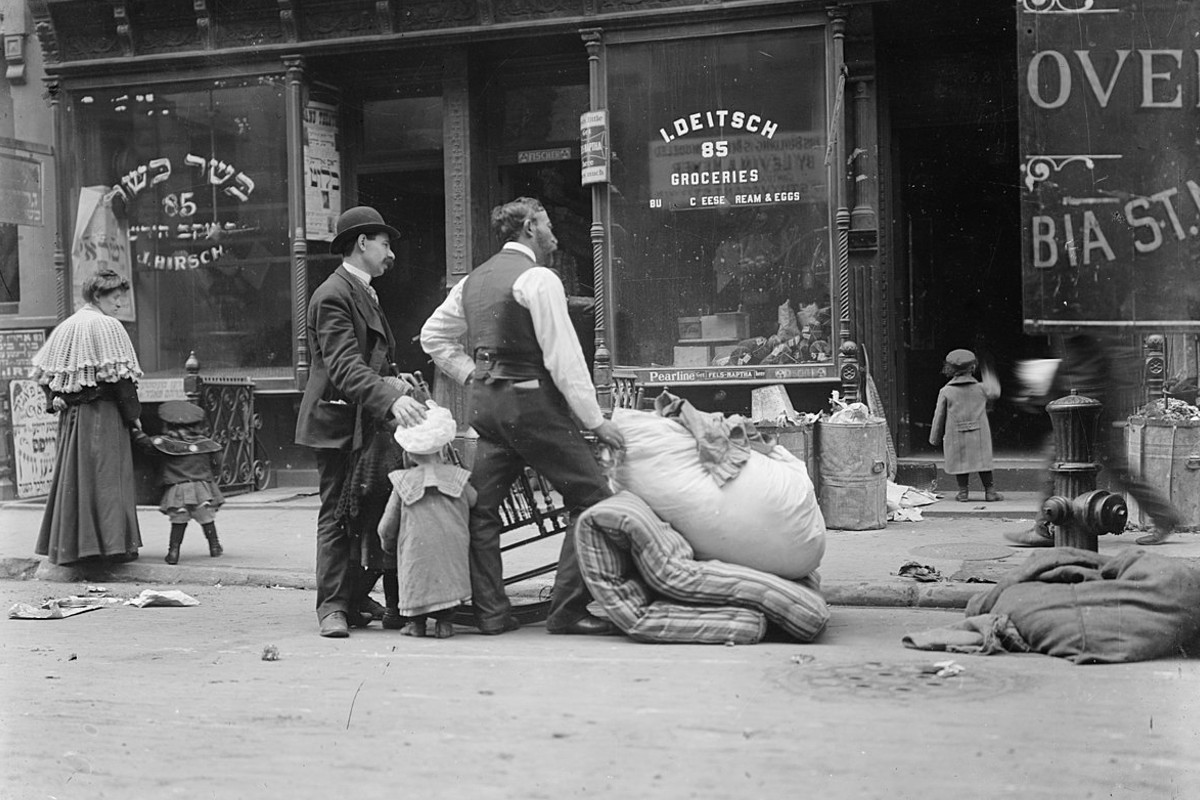
By Skyler Baldwin, special to Statehouse Report | Housing services, nonprofit organizations and advocacy groups throughout South Carolina say they are dealing with staggering numbers of renters facing potential eviction after the end of a moratorium that had kept thousands safely housed through financial hardships levied by the pandemic.
“We’re seeing increases across the board — everyone who has any sort of stake in housing, supporting housing, increasing inventory, anything, everybody is seeing an increase,” said Charleston Pro Bono attorney Nicole Paluzzi. “It’s almost all related to eviction for nonpayment of rent or rental assistance.”
Before the pandemic and subsequent eviction moratorium, South Carolina was already deeply entrenched in a housing crisis — evicting more tenants per capita than any other state from 2000 to 2016, according to a study by Princeton University’s Eviction Lab. And now, landlords have the green light to let off the brakes.
The Centers for Disease Control’s federal eviction moratorium helped to prevent 1.55 million eviction filings in the United States, according to estimates by Eviction Lab researchers based on an analysis over the 11-month moratorium period. In Charleston, evictions are down dramatically compared to the period before the pandemic.
In late August, the U.S. Supreme Court struck down a federal eviction moratorium about a month ahead of its expiration in early October.
Now, rent issues are coming home to roost. Roughly 739,067 rental households in S.C. are behind on rent or report low confidence in ability to pay rent, with 107,652 households reporting no confidence at all as of Sept. 17, according to U.S. Census Pulse data. Of renters behind on payments, 152,612 reported they would likely be evicted within the next two months.
Assistance available in S.C.
 The South Carolina State Housing Finance and Development Authority (S.C. Housing) has distributed more than $19 million in rental assistance through its SC Stay Plus program, launched in May in preparation for the end of the initial eviction moratorium. And plenty more is still available, with $272 million allotted to the program by the U.S. Department of Treasury.
The South Carolina State Housing Finance and Development Authority (S.C. Housing) has distributed more than $19 million in rental assistance through its SC Stay Plus program, launched in May in preparation for the end of the initial eviction moratorium. And plenty more is still available, with $272 million allotted to the program by the U.S. Department of Treasury.
“Our program, and others like it … will help people go back and pay that past-due rent, even if they’ve already been evicted,” said S.C. Housing chief communications officer Chris Winston in Columbia. “Otherwise, it’s almost impossible to find safe housing anywhere else.”
The SC Stay Plus program had given money to more than 4,000 households in the state as of Sept. 9, Winston said. Separate programs funded by the U.S. Department of Housing and Urban Development had distributed an additional $10 million.
The state General Assembly tasked S.C. Housing as the administrator of the state and federal programs, but counties with populations over 200,000 can apply to run separate local programs. Charleston and Berkeley counties both operate local programs. Charleston’s Emergency Rental Assistance Program (ERAP) was awarded $12.4 million from the U.S. Treasury to stabilize housing in the county.
Renters in need of assistance can fill out applications online, and assistance provided by S.C. Housing’s averages about $4,000 per household.
“Our focus is on people who may be at risk now who are being evicted,” Winston said. “And you can self-attest all of those items. If you’ve been impacted by COVID financially, and you say you’re at risk of being evicted, we don’t require any sort of documentation for that anymore. We want people to get their applications in.”
Too little, too late, sometimes
Despite millions of dollars available in financial assistance, some couldn’t get enough to cover their debts — others sought help too late.
Paluzzi, who works closely with the Charleston Housing Court to keep tenants in homes, said she is seeing numbers roughly consistent with the previous peak, seen in January.
“We knew it was coming, and when it came, it hit hard,” she said. Even with as much outreach and information sharing as possible, Paluzzi said, not everyone was able to avoid an eviction notice. “There are just limitations to getting the information out to the individual.”
Paluzzi said Charleston Pro Bono tracked roughly 85-100 eviction cases in previous years. The county will likely see triple that total this year, despite evictions having been on hold until August.
- Baldwin is a staff reporter with the Charleston City Paper, where this story first appeared. Have a comment? Send to feedback@statehousereport.com


